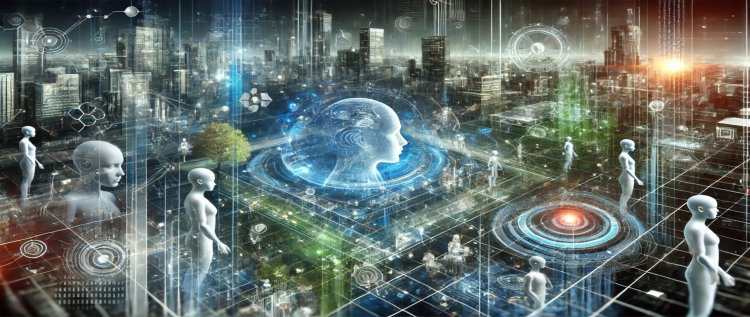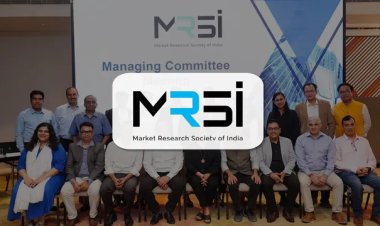AI Transforms Advertising: Enhancing Creativity Through Human Collaboration and Insight
AI is revolutionizing advertising by enhancing creativity and efficiency, enabling faster idea generation, and fostering collaboration between human intuition and AI insights for impactful campaigns.

The global Artificial Intelligence (AI) market is rapidly growing and is expected to exceed $1 trillion by 2030. Advertising and marketing are leading the way in AI adoption, with spending projected to reach $60-70 billion in the coming years. Brands and agencies are using AI tools for content creation, audience targeting, and optimizing campaigns.
Advanced AI models like ChatGPT and Anthropic’s Claude are at the forefront of this change, enhancing creative tasks that were once done by humans. While AI has already transformed areas like programmatic buying and personalized content delivery, it's now delving into creative aspects like generating ad concepts and writing scripts.
Anees Merchant from C5i highlights that AI is reshaping the advertising landscape rather than threatening creativity. He notes that AI can generate ideas 40 times faster than humans and create seven times more top-rated product ideas than elite business students. This speed and ability to analyze data are crucial for sparking creative concepts.
AI's role in creating content is growing. Merchant explains that AI can produce multiple ad variations and tailored images quickly. This capability allows for more personalized ads that adapt based on user behavior.
However, it's important to recognize that AI is not here to replace human creativity; it's meant to enhance it. Adrine D'mello from White Rivers Media points out that AI should speed up the ideation process, letting human creatives focus on strategic and emotional elements that AI cannot replicate.
Yashtika Vaswani from Makani Creatives believes AI will transform advertising by analyzing consumer insights and optimizing strategies while enhancing human creativity. The future of advertising lies in collaboration between humans and AI, where AI tools amplify human ideas rather than replace them.
This shift also emphasizes data-informed creativity. While AI and data play significant roles, they enhance creativity without replacing the emotional connections that campaigns create with consumers. Campaigns that balance data insights with creative intuition see much higher returns on investment.
As AI takes over repetitive tasks, the role of human creatives will evolve. Skills in using AI tools and interpreting AI insights will become vital. Yet, the human touch will remain essential for maintaining brand voice and emotional resonance.
Looking ahead, while AI may automate 30-40% of repetitive tasks by 2030, human oversight and emotional intelligence will still be crucial. The best advertising strategies will combine AI's efficiency with the unique qualities of human creativity, fostering innovative and impactful work.

 Sumit Rawat
Sumit Rawat 










